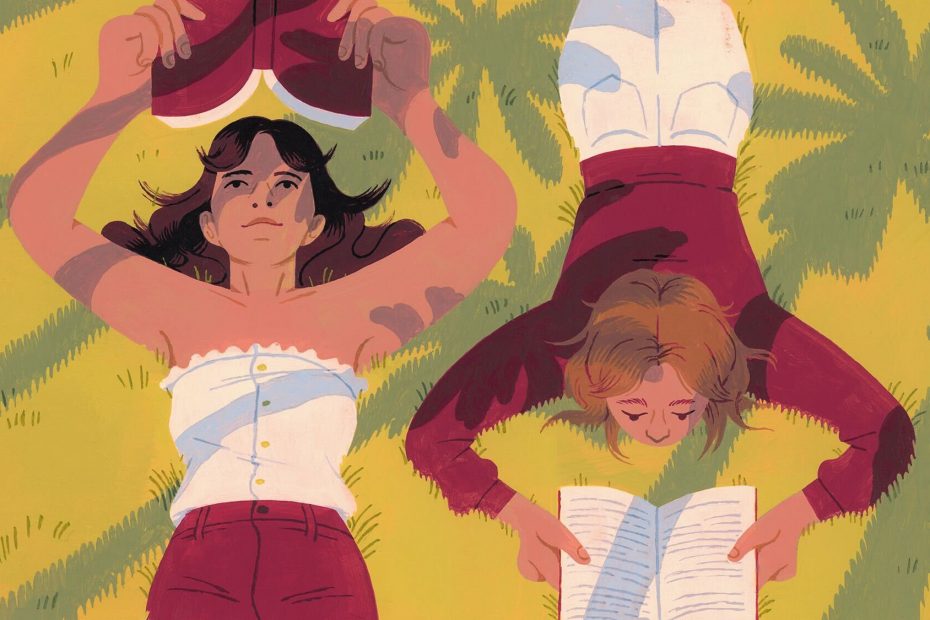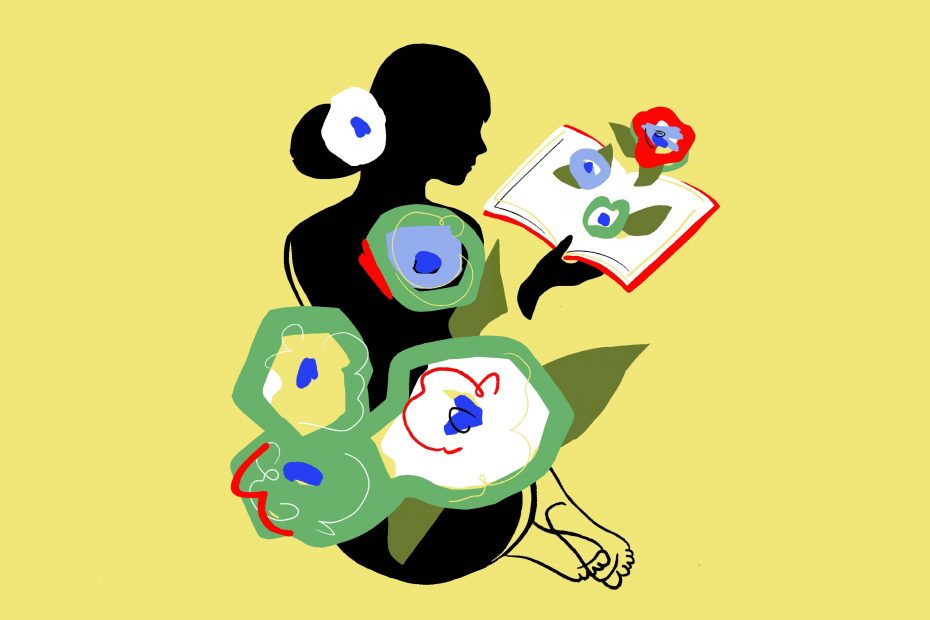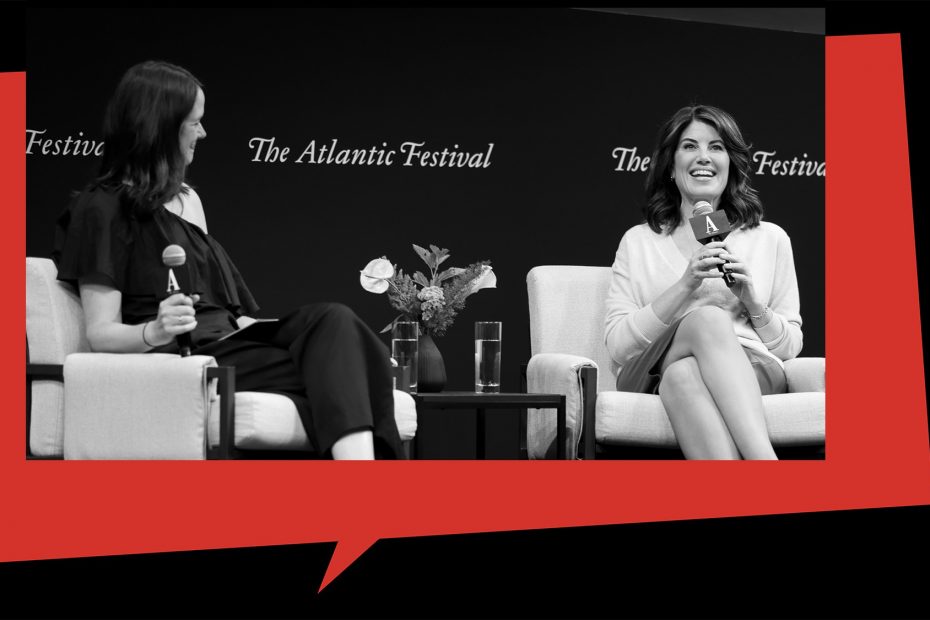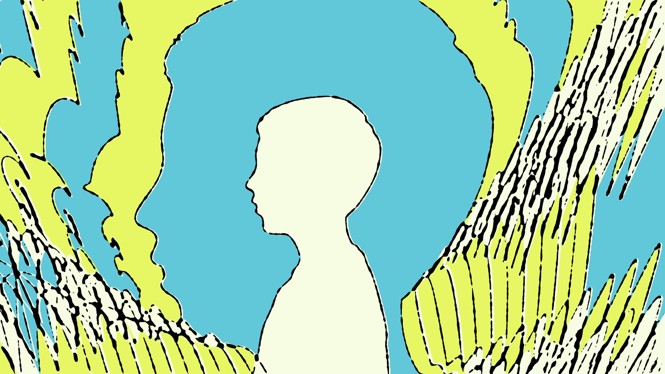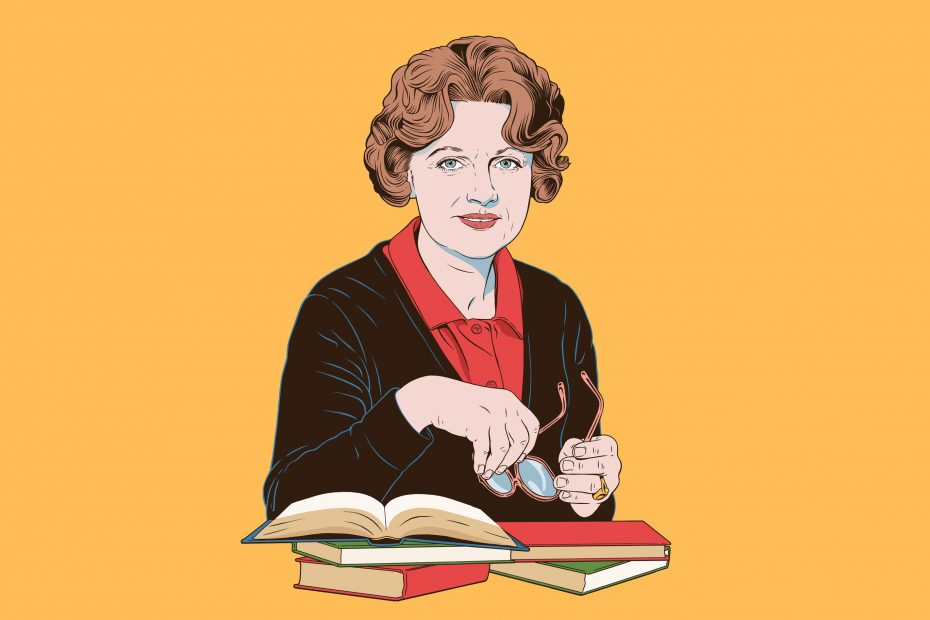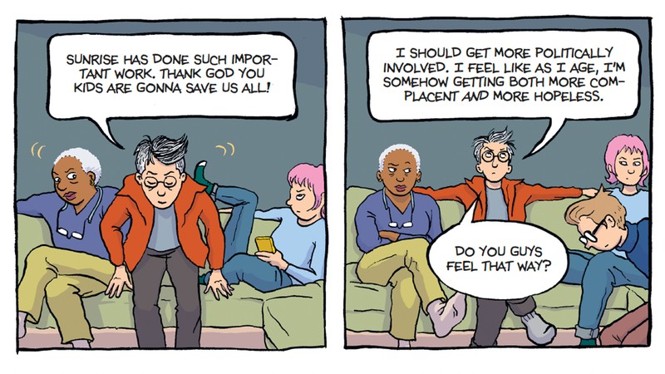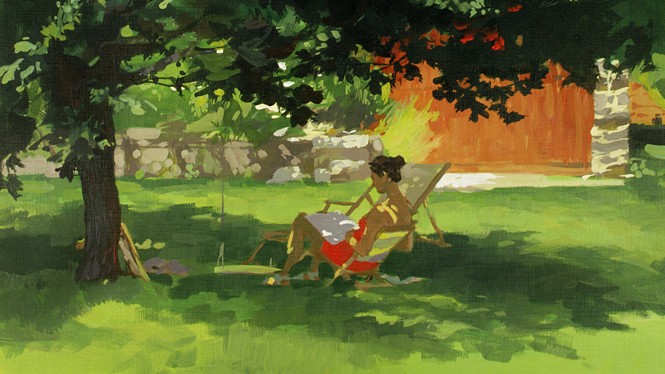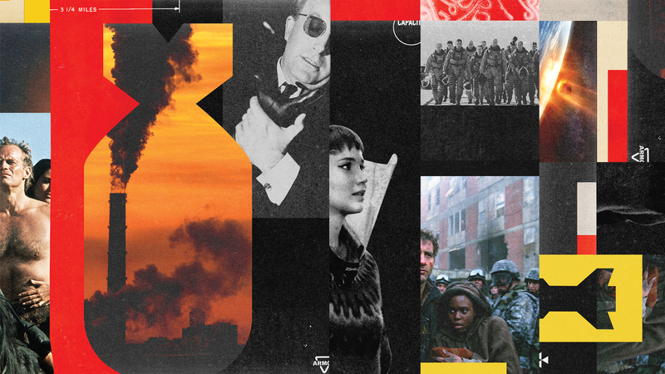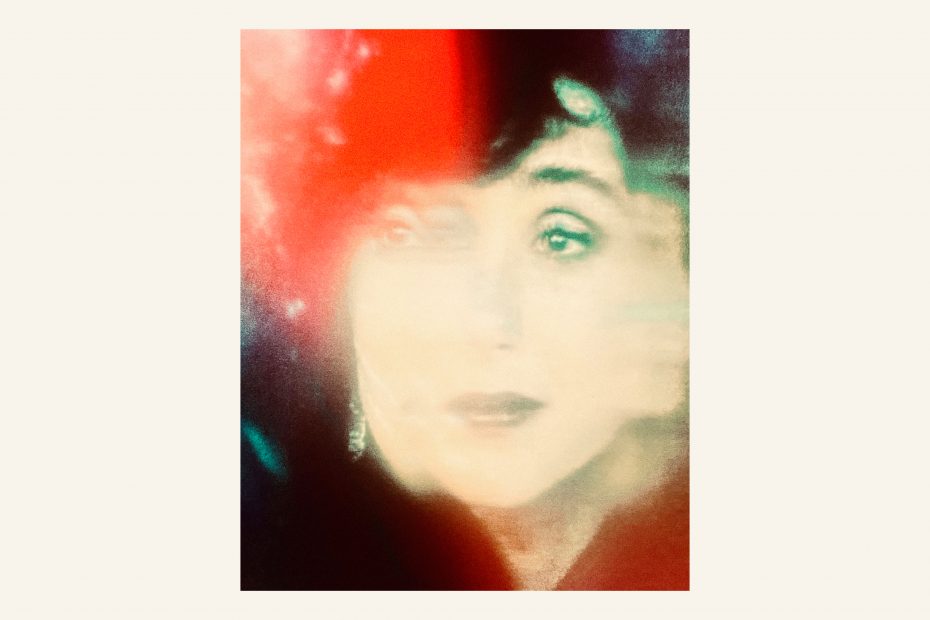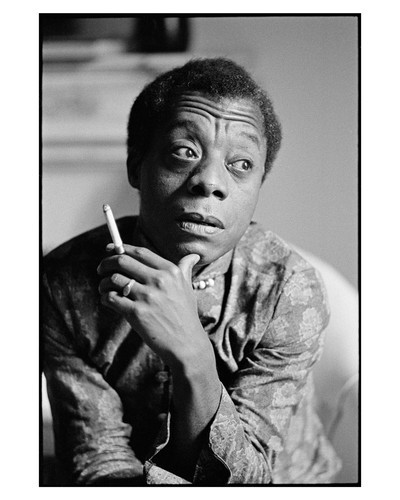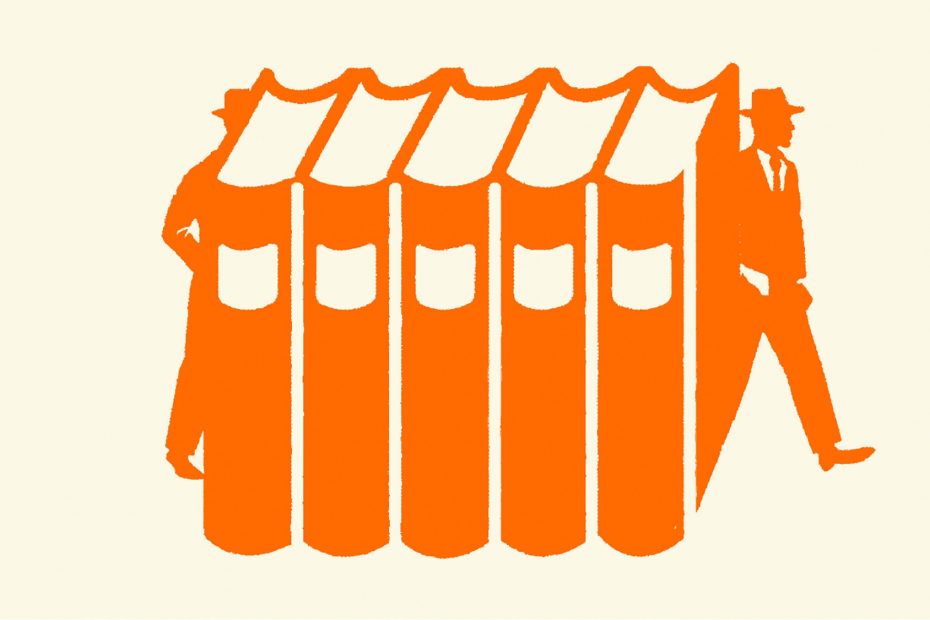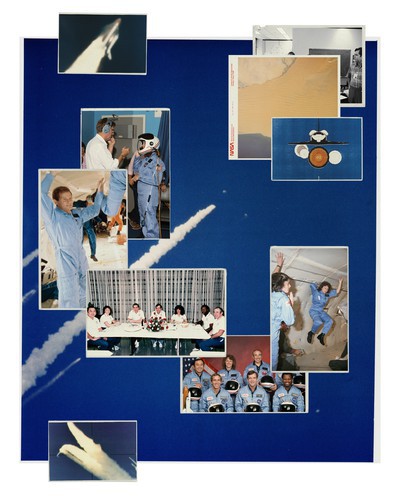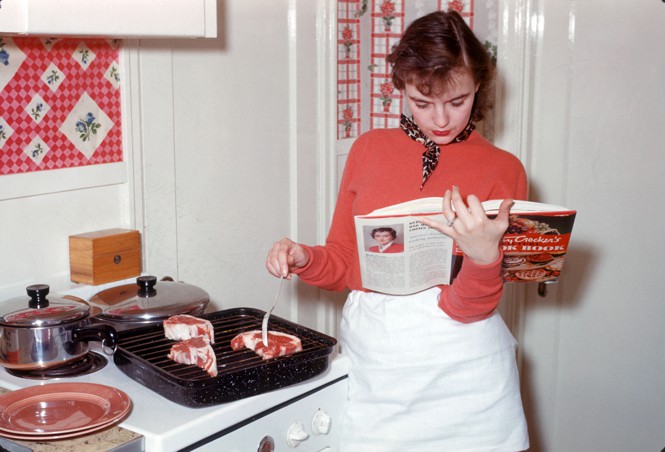A Reading Resolution You Can Keep
This is an edition of the Books Briefing, our editors’ weekly guide to the best in books.
Recently, I went out for drinks with a young woman who wanted advice about establishing herself as a book critic. “Everyone has read less than you think they have,” I told her immediately. I reassured her that in some respects, making your way through the world’s great literature is a numbers game: Someone twice your age has simply spent more time on the planet—and has therefore had more time to turn pages.


